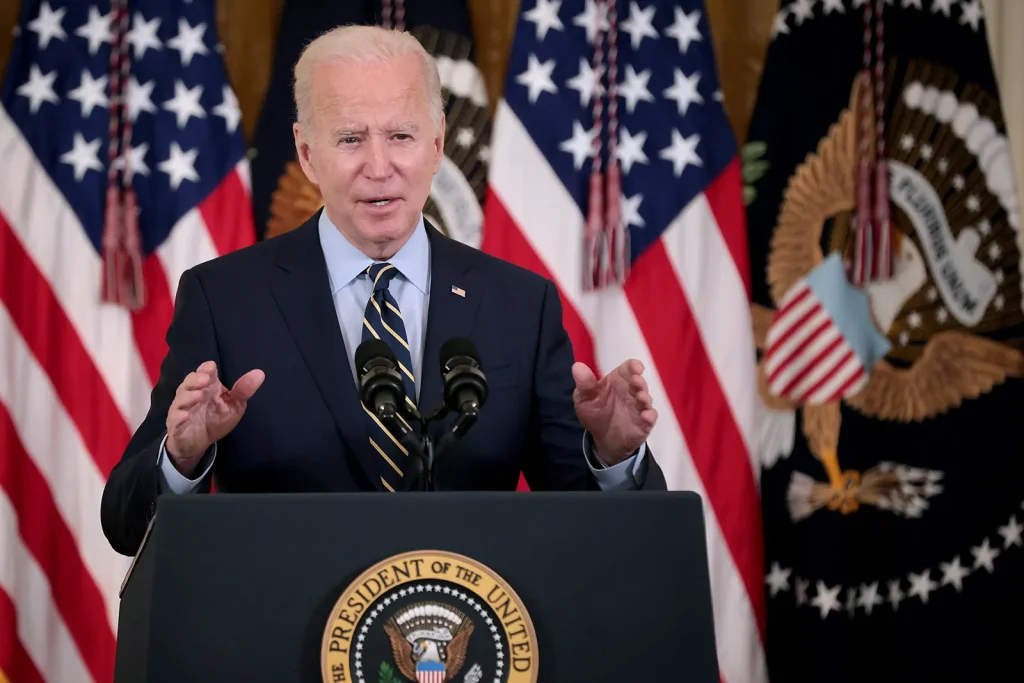
### U.S. Government Enforces Widespread Blocking of Controversial Websites Amid Heightened National Security Concerns
In a bold move aimed at bolstering national security, the U.S. government has instituted sweeping measures to block access to several high-profile and controversial websites. This unprecedented action is driven by growing fears about potential threats to national security, cyber integrity, and public safety, reflecting an escalating effort to address emerging digital risks.
#### **Government Justification and Targeted Sites**
The decision, announced through a coordinated effort involving the Department of Homeland Security (DHS) and the Federal Bureau of Investigation (FBI), follows increasing alarm over the potential misuse of certain websites. According to government officials, these sites are suspected of facilitating malicious activities, including cyber espionage, illegal transactions, and the spread of extremist propaganda.
The blocked websites reportedly include a range of platforms from forums known for hosting extremist discussions to sites linked with illicit trade and data breaches. The government has not disclosed the full list of affected sites, but preliminary reports suggest a diverse array of online platforms are targeted.
#### **Implementation and Immediate Impact**
The blocking measures have been swiftly enacted through directives issued to major internet service providers (ISPs). These ISPs have been instructed to restrict access to the designated websites, effectively rendering them inaccessible to users within the United States. This move is expected to disrupt a variety of online activities for those who rely on these platforms, ranging from communication and research to entertainment.
#### **Controversy and Public Debate**
The government’s actions have ignited a significant debate over the balance between national security and individual freedoms. Civil liberties advocates, including organizations such as the Electronic Frontier Foundation (EFF) and the American Civil Liberties Union (ACLU), have voiced concerns about potential infringements on First Amendment rights. They argue that such measures could set a troubling precedent for government censorship and overreach.
Critics emphasize the need for transparency and accountability in the government’s approach to regulating online content. They stress that without clear guidelines and oversight, such actions could lead to broader and potentially unjustified restrictions on internet freedoms.
Conversely, supporters of the blockades argue that these measures are essential for protecting national interests and preventing serious threats. They assert that the government’s actions are based on credible evidence and are aimed at safeguarding critical infrastructure and public safety from potential harm.
#### **Impact on Internet Users and the Tech Industry**
For ordinary internet users, the immediate consequence of the government’s actions is the inability to access certain websites. This disruption could affect individuals who depend on these platforms for various purposes, including academic research, professional communication, and recreational activities.
The tech industry, particularly companies specializing in internet security and content management, may experience increased demand for their services. The broader implications for the tech sector could include shifts in policies and practices related to digital content and security, as well as potential adjustments in how companies navigate government regulations.
#### **Legal and Procedural Considerations**
The legal framework and procedural aspects of the blocking measures are likely to come under scrutiny. Legal challenges may arise from affected parties questioning the legality and constitutionality of the government’s actions. The outcome of these challenges will be closely watched, as it could establish important precedents for future government interventions in the digital space.
Government officials have defended the blockades as a necessary step to address urgent security concerns. They have emphasized that these actions are taken with careful consideration and aim to mitigate risks associated with potential threats to national security.
#### **Future Implications and Monitoring**
As the situation continues to evolve, it will be crucial to assess the effectiveness of the blocking measures in addressing security concerns while also ensuring that they do not unduly infringe upon individual rights. The ongoing debate highlights the complex interplay between national security, privacy, and freedom of expression in the digital age.
The government’s approach to managing online content and security will likely remain a dynamic and evolving issue. Balancing the need for security with respect for fundamental freedoms will be an ongoing challenge as digital threats and technologies continue to advance.





